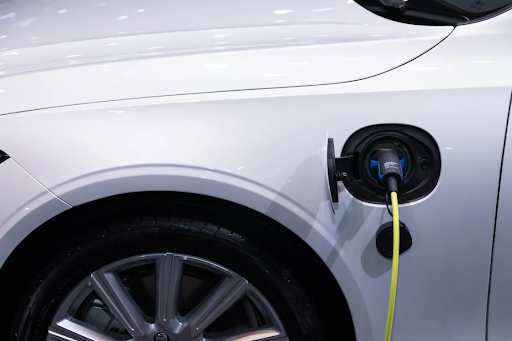
With any blossoming market, a great deal of flowery language and carefully considered marketing presentations combine into a picture that looks too good to be true. We’re currently seeing this in the AI space, but of course, electric vehicles have been subject to this kind of discourse for years now, as production ramps up and new norms and innovations becomes standardized.
You may be weighing up if this is the year for you to finally purchase that electric vehicle. Only you can make this decision. However, doing so because of the raw facts, ownership wisdom, insights and statistics is much better than making buying decisions based on the raw talent of the copywriter who inspired you to do so.
That being said, in such a burgeoning market, it’s hard to subvert that marketing noise and make decisions based on cold insight. In this post, we’ll give you several strategies for achieving that exact outcome and finding the best value possible for your EV car purchase.
Examine Battery Life & Warranty
The need for battery replacement in electric vehicles is rather rare. Roughly 1.5% of EV’s on the market have required a new battery and most of those are from cars predating 2015. As such, vehicle manufacturers that try to tell you to purchase certain models because of the lifespan of their battery is often trying to sell you something you already have. Instead, it’s good to look at the capacity and reliability of such a battery, as well as any warranties they give on top of that, prioritizing it as appropriate with this new statistic in mind. For this reason, you can then look to more authoritative resources such as charge time and utility, and decide from there, instead of worrying that your vehicle could shut down randomly on the road unless you make the right decision.
Consider The Progression Of Individual Brands
As different car manufacturers will take different approaches to the EV market, it’s hard to compare comparable models. For example, Tesla is known for being a pioneer in space, but also piloting programs like self-driving or having entertainment systems that remain unmatched as of the time of this writing. But perhaps those latter two features are hardly that interesting to you – this is also a valid reason to hold off and opt for a model that provides more value to you. Instead, it’s best to look to brands you appreciate and see what improvements they’ve made over time. For example, VinFast is repeatedly considered to be improving with each model release, especially in terms of their ADAS technologies. Understanding that can help you make a more informed choice.
Consider Environmental Impact Beyond Tailpipe Emissions
Electric vehicles are generally considered good for the environment (for obvious reasons), but that doesn’t mean the manufacturer of all cars is perfectly eco-friendly. We see the same with vegan food, as while avoiding using animal products can be healthier, that doesn’t mean the substitute foods are 100% healthy or packed with only nutritious ingredients. For example, battery production, lithium mining, and the recycling of internal parts are cause for concern, and the market is repeatedly trying to find new ways to consider its impact. So while the long-term operation of an EV is no doubt much better than a conventional vehicle, it’s important to be aware of the environmental claims and temper them with a little reality. If this is important to you, such an approach can help you make the most robust end choice.
Assess Resale Value & Depreciation
The entire ownership cycle of a vehicle is something we consider when purchasing a new model, not only because we may come to sell the car one day, but because the general upkeep, management and care of car costs money too. Moreover, depreciation hits every vehicle over time unless you have a vintage classic car worth much more than you paid for it.
Electric vehicles are notably affected by resale value, as battery technology and riding comfort improves, you can bet that older models, while still appreciated, are hardly as sought-after as the newer counterparts, especially for earlier adopters of the market.
As such, it’s wise to consider resale value, to track the depreciation of previous models, to keep up with technological innovations, and to plan your resell when and where that best suits you. It can help you retain the affordability of keeping an EV, while also reminding you of the reality of their value over time. While cars have certainly improved in the last ten years, brand new engine developments are less common than in the EV market, so this may be a perspective you’re less used to.
With this advice, you’re certain to cut through the EV marketing noise and make your purchase as best suits you.











More Stories
Arkema focus on battery technology where “anything is possible”
New Syensqo technology for current and future battery generations
Molex unveils cutting-edge virtual automotive showroom, an immersive experience in automotive connectivity innovation